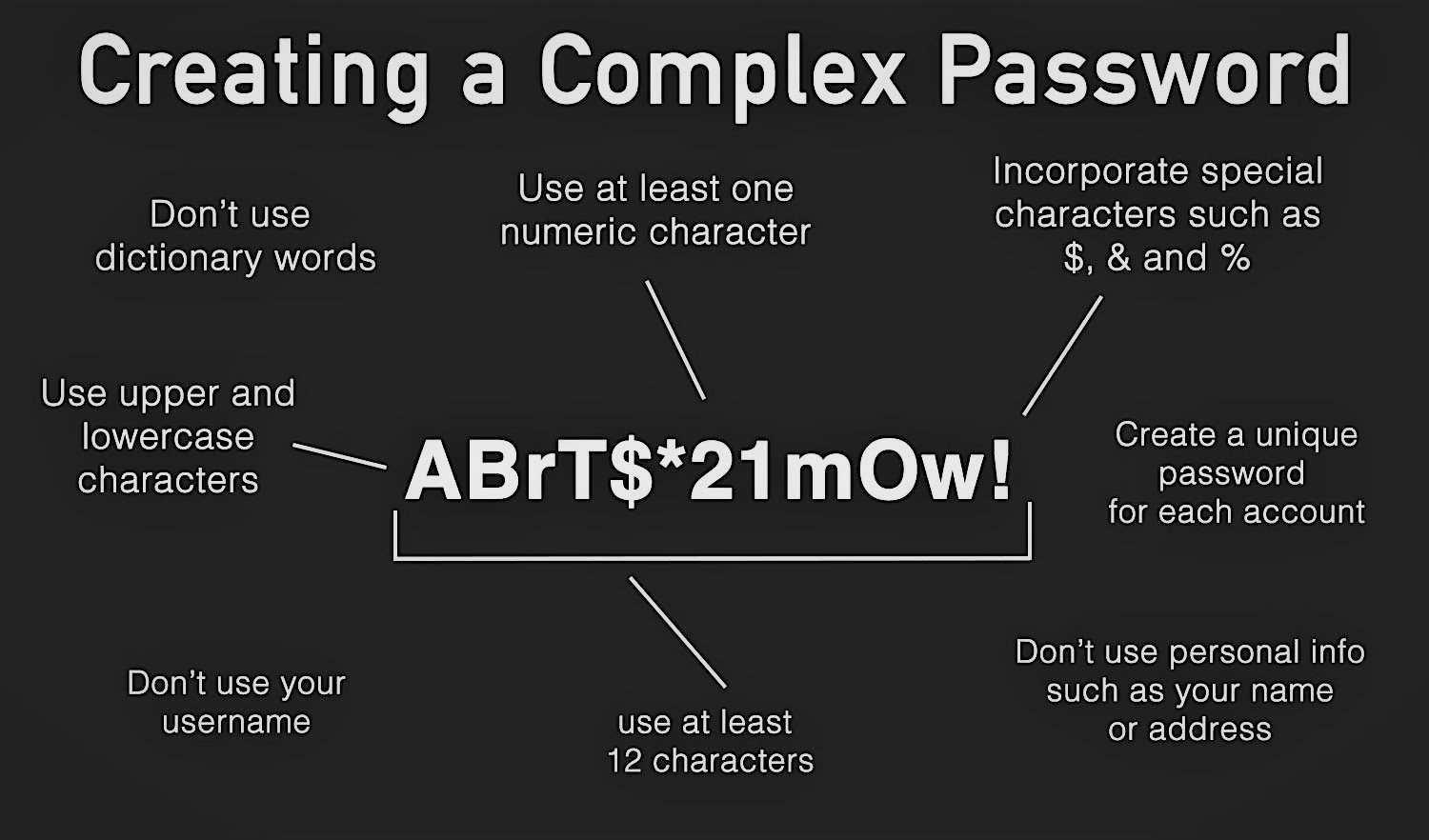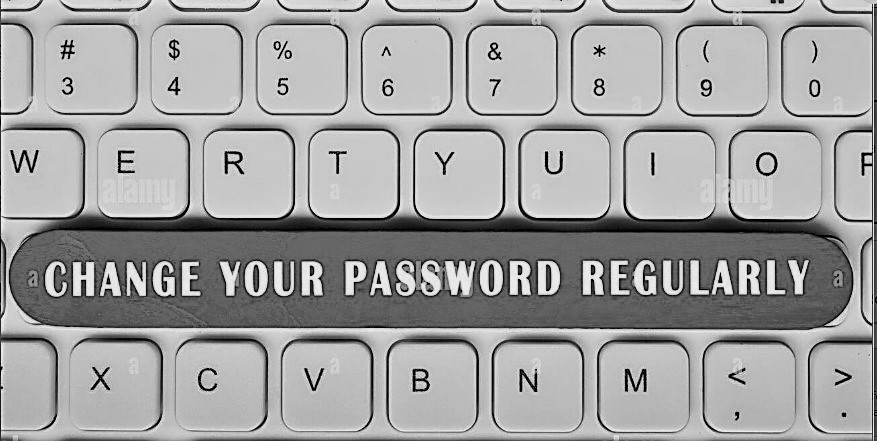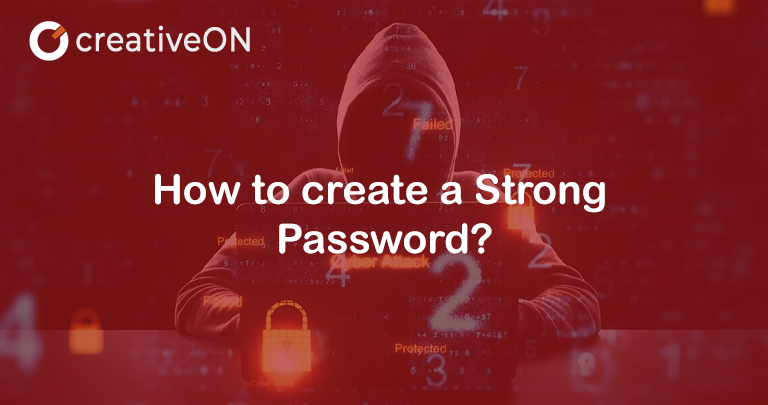The world we are living in has undoubtedly become digital. Everything has shifted to an online setup. Everything has become easy because of the Internet, from international bank transfers to local money transfers. The world has become a global village. All the facilities are just a single click away. But with all these pros, we have some cons as well. The advent of the Internet has brought many security concerns with it. Cyberbullying, blackmailing, exploitation, and hacking are the drawbacks of the Internet’s facilities. Many policies have been made, laws have been formulated and steps have been taken to prevent cyber attacks as much as possible. One of the basic and oldest ways to secure your bank account, social media account, or site is by adding a combination of words and letters as an access code. These access codes are called passwords. Password! It is a word that can make people anxious. People often forget it or sometimes fail to create a strong password easily guessed by hackers, and voila! They have now become the prey. But creating a strong password and securing all your accounts is not as hard as it seems. Following are some basic and easy steps you can follow to create a strong password:
General Passwords

The word PASSWORD is the most generally used password all over the world. General passwords like 1234567890, qwerty, or 111111 are also widely used worldwide. If you google “top ten general passwords,” you will be baffled by the results. How can people not put effort into securing something that holds their valuable data or personal information? So yes, put some thought in before creating any password. Cyber attackers and hackers use a technique called Brute Force Attacks which means that they try over and over to guess your password and most of them start with the top hundred generally used passwords all over the world. So, the best way of keeping these unwanted guests away is to use a unique password that cannot be guessed easily.
No Personal Data in Passwords
Another common mistake is using personal information to create a password. Information like date of birth, names of people close to them, names of their pets, or names of places can be easily cracked by the attackers. Hence, an entryway to your space. The psychology behind using this kind of data in your password is remembering it easily, but cyber attackers feed on this opportunity and guess your password within a few tries. It is a piece of cake for hackers to attain this information about the person they want to prey on. Therefore, it is highly recommended to refrain from using personal information while creating your password.
Combinations in Password
Using simple words in your password is like keeping your door half open for intruders to walk in without any struggle. You have alphabets, numbers, and symbols, so why not put them to use? When you create a password using a combination of alphabets (both upper and lower case), numbers, and symbols, it becomes very hard for any attacker to guess the exact placement of these jumbled characters. For example, you can use 4u instead of For you or 🙁 instead of Sad. This makes your password strong and your account secure. Henceforth, engage in this practice and ensure the security of your space.
Random Things in One
When you want to create your password, put your imagination to use. The more you think you think out of the box, the stronger your password. It is advised to use phrases in your password which usually do not go along. For instance, use 40 birds in the water. Because birds and water do not usually have a connection, it is less likely for anyone to guess that they can be put together in one phrase to make a strong password. Using these kinds of passwords is also easy to remember. So, we can call it a win-win situation.
Length of a Password
Passwords are a keycard to your Internet space, so you should do everything to ensure that it does not slip from your grip. And creating a lengthy password is one way of doing it. The benefit of long passwords is that even if you enter them in front of any person (which you should avoid at all costs), they will not likely be able to remember them. It is similar to how it is difficult to copy lengthy questions from other students during examinations. When you go for a longer password, the chances of hackers guessing it lowers tremendously. Henceforth, use phrases in your password along with numbers and symbols to make it formidable for cyber attackers to crack. All the sites and social media platforms have a feature that tells you the strength of your password. If they tell you that your password is not strong, go for some other combinations. Use all the help you have.
Two Factors Authentication

Creating a strong password is one of many steps you should take to secure your accounts as much as possible. Added security will not harm, so why not go for it? It is always reassuring when you know that the locks of your house are strong and you also have a camera installed. So you can have control over who can enter and who cannot. Two factors authentication does the same for you. After enabling it, you will always receive a code on your mobile phone or email whenever anyone tries to log into your accounts. That code has to be entered to get access to your account. This makes sure only the owner of the account can log in. There is no harm in being extra cautious. Hence, you should install two-factor authentication on your accounts.
Checks and Balances
Multiple sites and applications are available to check if your password has been used in any break-in. Some of them are as follows:
- Firefox Monitor
- My Pwd
- De Hashed
- Intelligence X
- Hashcast
- LeakCheck.cc
Most of them are free to use. Run your username and password through any of these sites, and you will know whether your password has been used recently or not. It gives you a heads-up if your password needs to be changed or not.
Different Sites, Different Passwords
Using the same password for all your accounts is very unwise. Because if hackers manage to crack it, they will get access to all of your accounts. So, to avoid this threat, you should always set different passwords for different accounts. Never set the same password for all of your Internet spaces.
Change Your Passwords Regularly

People are usually lazy when it comes to changing their passwords. But little do they know, no matter how strong your passwords are, they are likely to be cracked. Hackers are usually intelligent people with different tools up their sleeves. Therefore, it is safe to change your passwords after regular intervals. As said above, there is no harm in being safe. Suppose you change your passwords at regular intervals, and all the chances of your password being cracked dash to the ground. Therefore, it is wise to change your passwords every four months. Because when you change them frequently, techniques like Brute Force Attacks will not work as the attacker will not have enough time to guess the password.
Cyber attackers are often persistent and do not give up easily. They keep trying to crack your password for months, and changing them after 3 to 4 months will bring them back to square one. And your old passwords do not allow access to your account. It is a safe move.
Passwords are the keys to unlocking any door on Internet spaces. In a time like this, when the whole world has almost completely shifted towards online services, the E-commerce industry is booming, and all the work is done through the Internet. International transactions on a higher level are the mode of payment. Having a secure password is the key to success. People are still not very vigilant when setting up a password. Most cyber attacks can be prevented simply by having a strong, long password that is unlikely to be guessed by hackers. In addition, be creative and avoid getting in trouble at the hands of these cyber attackers by adding extra security. Two factors authentication can help in case someone manages to crack your password. Having a double line of defense is always fruitful.
